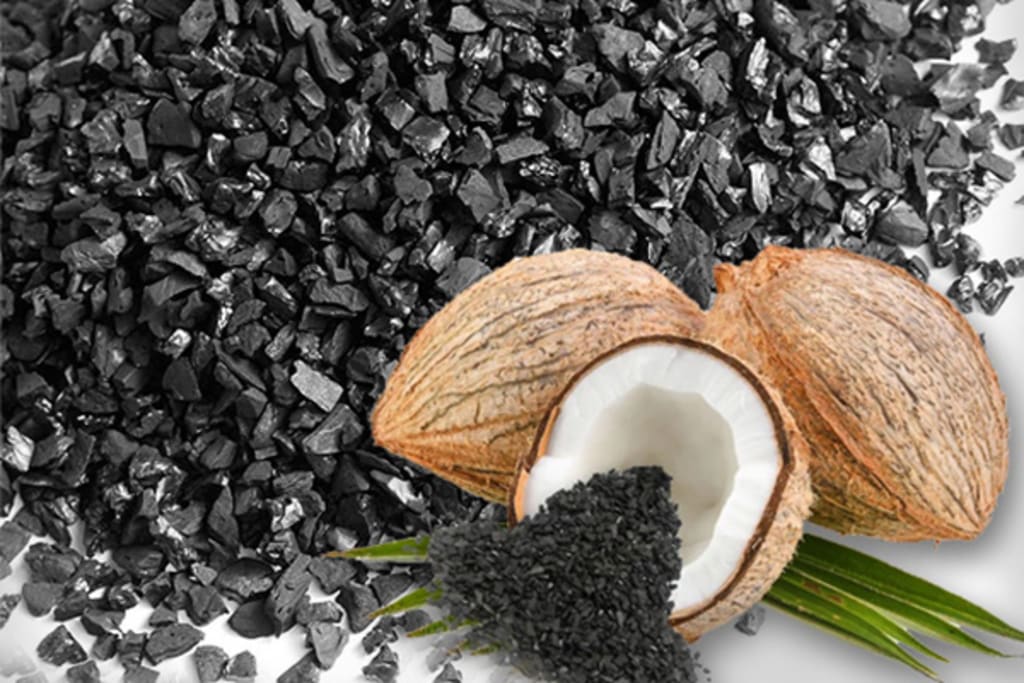The Dilemma of Discarded Coconut Shells: Unraveling Environmental Predicaments
The Impact of Coconut Shell Charcoal Making Machine

The ubiquity of coconut shells, a seemingly benign byproduct of tropical indulgence, conceals a burgeoning environmental conundrum. The accumulation of these discarded husks, often overlooked, poses a spectrum of problems, ranging from ecological imbalance to resource underutilization.
Ecological Disarray: Nature's Precarious Balance Disturbed
In tropical regions, where coconut palms sway in the breeze, the sheer volume of discarded coconut shells disrupts the delicate equilibrium of local ecosystems. The slow decomposition of these shells impedes nutrient cycling in the soil, jeopardizing the vitality of surrounding flora. The resulting imbalance cascades through the ecosystem, affecting insect populations, soil microorganisms, and the myriad organisms dependent on a harmonious natural order.
Fire Hazard Escalation: A Looming Menace
Piled indiscriminately, coconut shells become a tinderbox awaiting ignition. The inherent properties of coconut shells make them susceptible to spontaneous combustion, especially in regions with elevated temperatures. This metamorphosis from inert shell to potential inferno not only endangers local habitats but also presents a challenge for fire management authorities.
Untapped Resource Potential: From Waste to Wealth
Amidst this environmental quagmire, a beacon of potential shines through—the coconut shell charcoal making machine. This technological marvel holds the key to transforming discarded coconut shells from a liability into a valuable resource. By harnessing pyrolysis, a process involving the controlled heating of organic material in the absence of oxygen, these machines produce high-quality charcoal from coconut shells.
The coconut shell charcoal making machine operates as an ecological alchemist, converting waste into a commodity. The resulting charcoal finds applications in diverse industries, from metallurgy to water purification, presenting a sustainable alternative to traditional charcoal production methods.
Versatility of Coconut Shell Charcoal: Applications Unveiled
The transformative journey of coconut shells, from discarded waste to valuable resource through coconut shell charcoal making machines, unfolds a myriad of applications that span industries and sustainable practices.
1. Metallurgical Marvels:
The high carbon content and low ash residue of coconut shell charcoal make it an ideal candidate for metallurgical processes. Its application in metal smelting not only enhances efficiency but also contributes to a reduction in greenhouse gas emissions compared to traditional carbon sources.
2. Water Purification Prowess:
Activated carbon derived from coconut shell charcoal emerges as a stalwart in water purification systems. Its porous structure facilitates the adsorption of impurities and contaminants, rendering it indispensable in wastewater treatment plants and ensuring the provision of clean, potable water.
3. Gourmet Grilling:
In the realm of culinary pursuits, coconut shell charcoal imparts a distinct flavor to grilled delicacies. Its clean-burning properties and absence of harmful additives make it a preferred choice for discerning chefs, elevating the grilling experience to new heights.
4. Agricultural Advantage:
The residual ash from coconut shell charcoal production, rich in essential minerals, serves as a potent organic fertilizer. Its application in agriculture not only replenishes soil nutrients but also promotes sustainable farming practices, closing the loop in the coconut shell's ecological journey.
5. Renewable Energy Resilience:
Beyond traditional uses, coconut shell charcoal contributes to renewable energy initiatives. Its utilization as a biofuel source provides a sustainable alternative to fossil fuels, aligning with the global shift towards cleaner energy solutions.
Economic Implications: Turning a New Leaf
Beyond ecological ramifications, the accumulation of coconut shells resonates economically. The untapped potential of these discarded husks represents a missed opportunity for local economies. The integration of coconut shell charcoal making machines into waste management practices not only mitigates environmental issues but also fosters economic growth through the creation of new industries and employment opportunities.
Air Quality Menace: A Silent Contributor
The burning of coconut shells in open piles, a prevalent disposal method, releases noxious fumes and particulate matter into the atmosphere. This aerial contamination poses a health risk to nearby communities, exacerbating respiratory issues and contributing to air quality degradation. The utilization of coconut shell charcoal making machines provides a controlled environment for the conversion process, minimizing air pollutants and promoting a cleaner, healthier atmosphere.
Waste Management Innovation: A Paradigm Shift
As we navigate the intricate web of challenges posed by accumulated coconut shells, the integration of innovative solutions like coconut shell charcoal making machines heralds a paradigm shift in waste management. It transcends the conventional linear approach of discarding waste, advocating for a circular economy where waste becomes a valuable resource.
In the grand tapestry of environmental stewardship, addressing the problems induced by the accumulation of discarded coconut shells demands a multifaceted approach. From ecological restoration to economic revitalization, the integration of coconut shell charcoal making machines stands as a testament to human ingenuity and our capacity to harmonize progress with environmental preservation.
In conclusion, the discarded coconut shell quandary underscores the imperative for a holistic solution—one that not only mitigates ecological disruptions but also capitalizes on the latent economic potential within these seemingly mundane husks. The advent of coconut shell charcoal making machines marks a transformative step towards a sustainable future, where waste is not a burden but a wellspring of opportunity.
About the Creator
Enjoyed the story? Support the Creator.
Subscribe for free to receive all their stories in your feed. You could also pledge your support or give them a one-off tip, letting them know you appreciate their work.






Comments
There are no comments for this story
Be the first to respond and start the conversation.